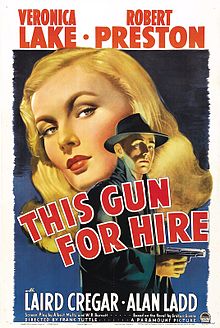 Calling all cinephiles: Three great festivals are about to kick off…
Calling all cinephiles: Three great festivals are about to kick off…
Noir City: Hollywood will run Friday, March 24, to Sunday, April 2, at the Egyptian Theatre in Hollywood. The famed fest is presented by the American Cinematheque in collaboration with the Film Noir Foundation.
Organizers say the fest will feature favorite rarities as well as many never-before-screened obscurities. This 19th edition of the event aims to replicate the movie-going experience of that time: 10 double bills, each featuring a major studio A picture paired with a shorter B movie.
The series opens with “This Gun for Hire” and “Quiet Please, Murder.” Other highlights include: “Ministry of Fear,” “The Dark Corner,” “The Accused,” “Chicago Deadline,” “I Was a Shoplifter,” “Where the Sidewalk Ends” and “The Big Heat.”
Eddie Muller and Alan K. Rode of the Film Noir Foundation will introduce the movies.
Next up: Find your best vintage pencil skirt and your favorite fedora. The TCM Classic Film Festival comes to Hollywood Thursday, April 6, to Sunday, April 9. Gear up for a dose of hilarity because this year’s theme is Make ‘Em Laugh: Comedy in the Movies. “From lowbrow to high, slapstick to sophisticated comedies of manners—we will showcase the greatest cinematic achievements of lone clowns, comedic duos and madcap ensembles.”
We’re very stoked about “Born Yesterday,” “The Graduate,” “High Anxiety,” “The Last Picture Show,” “Postcards from the Edge,” “Singin’ in the Rain” and “What’s Up, Doc?”
And might there be a third title to feature redheads?! So far, we have “Those Redheads from Seattle” and “Red-Headed Woman.” Let’s hope more are announced.
We are also eager for the slate of panels, special guests and parties that have come to define this fest. Organizers do a truly stellar job of planning and programming and keeping their cool amid the craziness.
Wry chuckles, silly humor, belly laughs, boundless fun. We’re in!
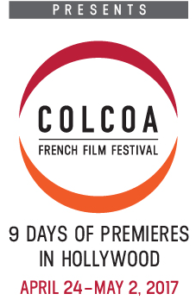 Last on the lineup but first on the list of any self-respecting Francophile (bien sur!) is the 21st annual City of Lights City of Angels (COLCOA) French Film Festival. COLCOA runs Monday, April 24, to Tuesday, May 2, at the Directors Guild Theater in Hollywood.
Last on the lineup but first on the list of any self-respecting Francophile (bien sur!) is the 21st annual City of Lights City of Angels (COLCOA) French Film Festival. COLCOA runs Monday, April 24, to Tuesday, May 2, at the Directors Guild Theater in Hollywood.
So far, we know that director Damien Chazelle, who just won the Oscar for “La La Land,” (at 32, he is the youngest director to win the coveted prize) will present Leos Carax’s “The Lovers on the Bridge,” starring Academy Award® winner Juliette Binoche and Denis Lavant.
COLCOA will honor writer-director Stéphane Brizé with a special presentation of “Not Here To Be Loved” (2005) and the festival will host the West Coast premiere of Brizé’s new film “A Woman’s Life,” (Une Vie), based on the Guy de Maupassant novel and starring Judith Chemla.
Of special interest to noiristas: COLCOA will present the world premiere of the newly digitally restored “One Day in a Clown’s Life,” the first film written and directed by Jean-Pierre Melville. The screening honors the 100th anniversary of the iconic filmmaker’s birth.
Also part of the Melville birthday celebration is a special presentation of “Le Cercle Rouge,” starring Alain Delon, Bourvil and Yves Montand.
Additionally, COLCOA will show an international premiere of “Farewell Bonaparte” (1985), the beautifully restored historical fresco from filmmaker Youssef Chahine.
“Playtime,” Jacques Tati’s inventive and ambitious 1967 film, will have a special presentation at the festival to celebrate its 50th (gasp!) anniversary.
The full schedule will be announced April 5.
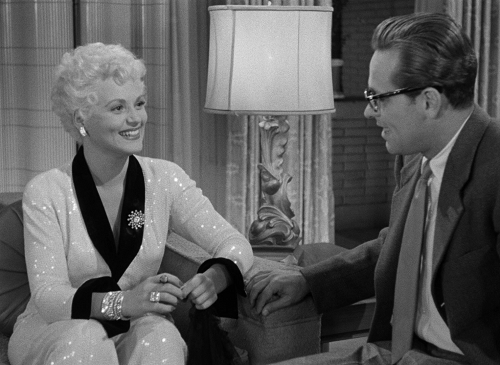
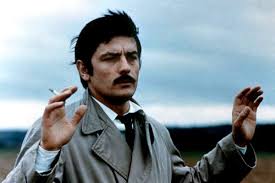





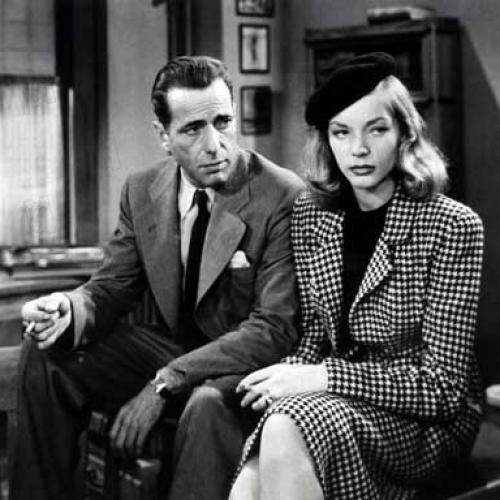
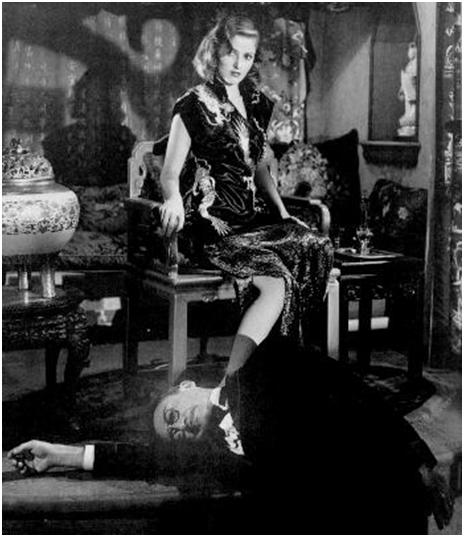
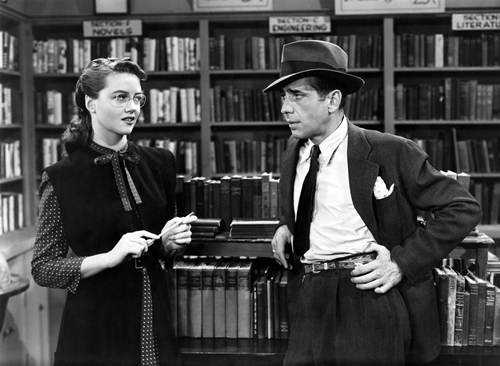
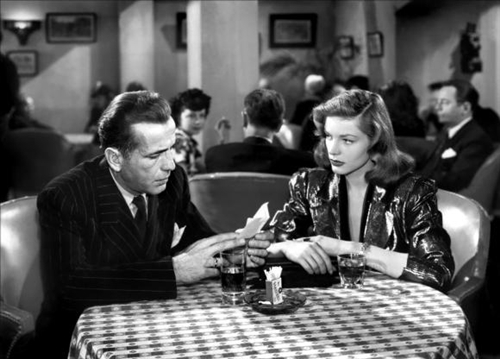






From FNB readers